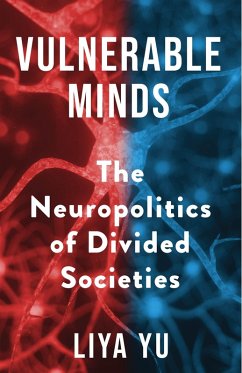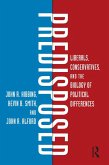Neuroscience research has raised a troubling possibility: Could the tendency to stigmatize others be innate? Some evidence suggests that the brain is prone to in-group and out-group classifications, with consequences from ordinary blind spots to full-scale dehumanization. Many are inclined to reject the argument that racism and discrimination could have a cognitive basis. Yet if we are all vulnerable to thinking in exclusionary ways-if everyone, from the most ardent social-justice advocates to bigots and xenophobes, has mental patterns and structures in common-could this shared flaw open new prospects for political rapprochement?
Liya Yu develops a novel political framework that builds on neuroscientific discoveries to rethink the social contract. She argues that our political selves should be understood in terms of our shared social capacities, especially our everyday exclusionary tendencies. Yu contends that cognitive dehumanization is the most crucial disruptor of cooperation and solidarity, and liberal values-based discourse is inadequate against it. She advances a new neuropolitical language of persuasion that refrains from moralizing or shaming and instead appeals to shared neurobiological vulnerabilities. Offering practical strategies to address those we disagree with most strongly, Vulnerable Minds provides timely guidance on meeting the challenge of including and humanizing others.
Liya Yu develops a novel political framework that builds on neuroscientific discoveries to rethink the social contract. She argues that our political selves should be understood in terms of our shared social capacities, especially our everyday exclusionary tendencies. Yu contends that cognitive dehumanization is the most crucial disruptor of cooperation and solidarity, and liberal values-based discourse is inadequate against it. She advances a new neuropolitical language of persuasion that refrains from moralizing or shaming and instead appeals to shared neurobiological vulnerabilities. Offering practical strategies to address those we disagree with most strongly, Vulnerable Minds provides timely guidance on meeting the challenge of including and humanizing others.
Dieser Download kann aus rechtlichen Gründen nur mit Rechnungsadresse in A, D ausgeliefert werden.









